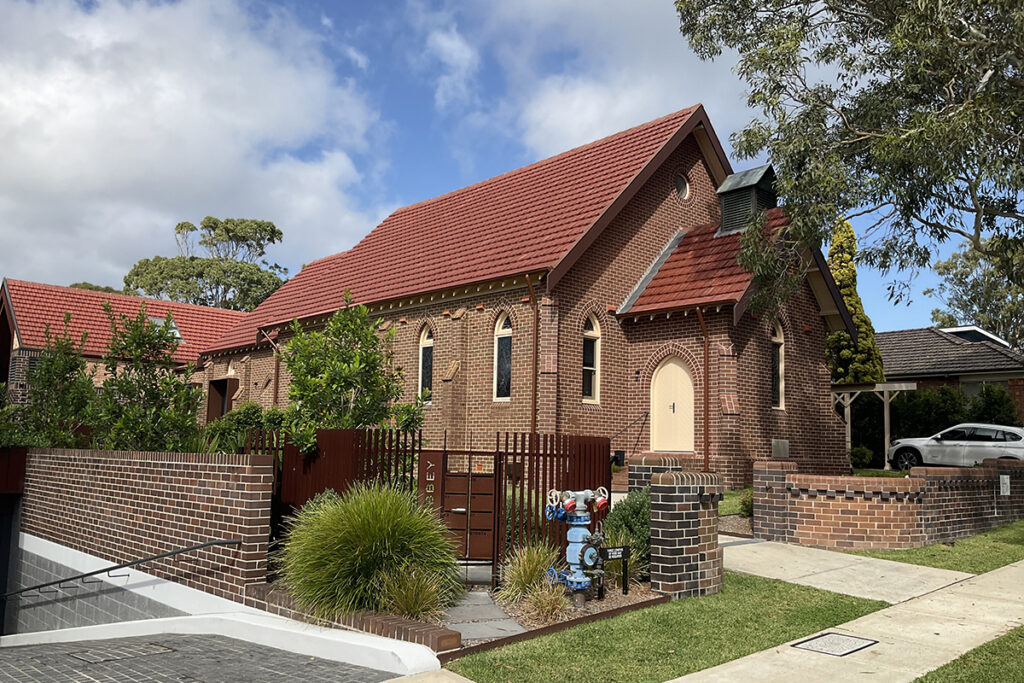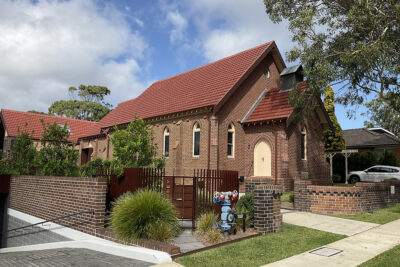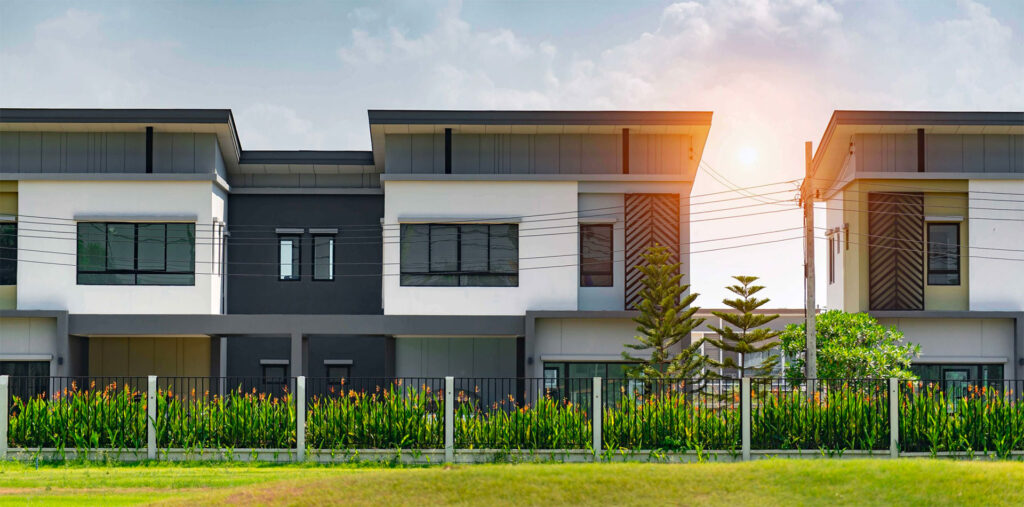The different types of strata valuation
Strata Valuation are essential for understanding the true value of your property, as they take into account the specific features and amenities that your strata scheme offers. There are three main types of Strata Valuation : replacement value, depreciated replacement value, and market value.
Replacement value is the cost of completely rebuilding your property from scratch, taking into account the current price of materials and labour. This is the most accurate way to assess the true value of your property, as it reflects the actual cost of replacing it.
Depreciated replacement value takes into account the wear and tear of your property over time, as well as any changes in the market that may have occurred since it was built. This valuation method is typically used by insurance companies to calculate premiums, as it provides a more realistic assessment of the property’s value.
Market value is the price that your property would fetch on the open market, taking into account all of the unique features and amenities that it offers. This is the most commonly used type of Strata Valuation, as it provides the most accurate indication of what buyers are willing to pay for your property.

It’s important to understand the different types of Strata Valuation, as they all provide different insights into the true value of your property. Replacement value is the most accurate way to assess the cost of rebuilding your property, while depreciated replacement value takes into account the wear and tear of your property over time.
Market value is the most commonly used type of Strata Valuation, as it provides the most accurate indication of what buyers are willing to pay for your property.



